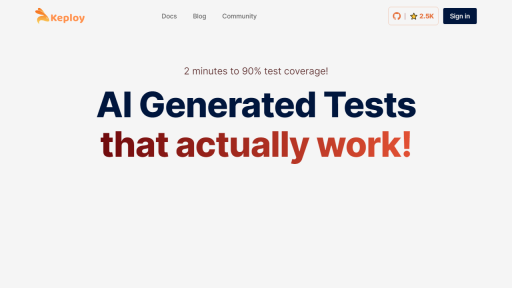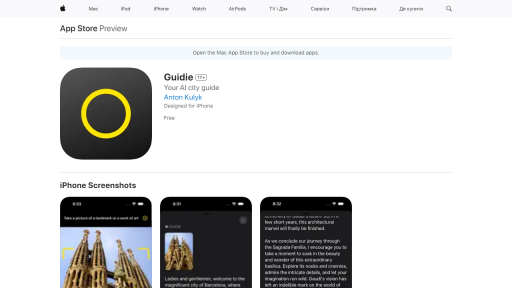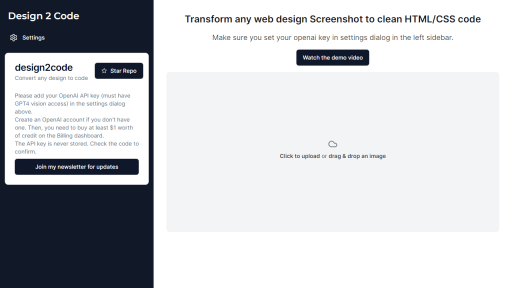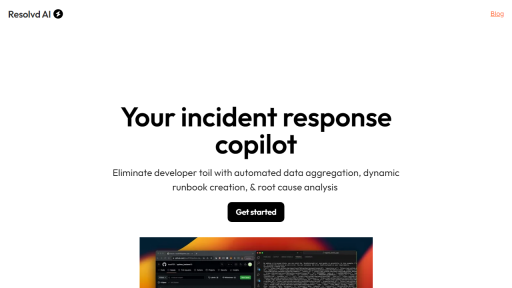What is Julius?
Julius is a powerful and versatile open-source speech recognition software that is designed for real-time voice recognition and transcription. It is particularly useful in applications that require high accuracy and speed, such as voice-controlled devices, automated transcription services, and interactive voice response systems. Julius supports multiple languages and can be easily adapted to various acoustic models, making it a popular choice for both academic research and commercial applications. The tool offers a variety of features that enhance its usability, including customizable vocabulary, speaker adaptation, and the ability to process audio from different sources such as microphones or pre-recorded files. With its robust performance and flexibility, Julius stands out as a reliable solution for developers and researchers looking to implement state-of-the-art speech recognition technology.
Features
- Real-time speech recognition with low latency for immediate feedback.
- Support for multiple languages and dialects, allowing for broad application.
- Customizable vocabulary and grammar for tailored recognition capabilities.
- Adaptation to different acoustic models to improve accuracy based on user-specific data.
- Integration capabilities with various audio input sources, including live microphones and audio files.
Advantages
- Open-source nature allows for extensive customization and community support.
- High accuracy rates, making it suitable for professional and academic use.
- Flexible deployment options, enabling use on various platforms and devices.
- Active development and regular updates ensure the software remains up-to-date with the latest advancements in speech recognition technology.
- Cost-effective solution compared to proprietary speech recognition tools, making it accessible for individuals and organizations.
TL;DR
Julius is an open-source speech recognition tool that provides real-time voice recognition capabilities with high accuracy and customizability, making it ideal for developers and researchers.
FAQs
What programming languages can I use with Julius?
Julius can be integrated with various programming languages including C, C++, Python, and Java, allowing developers the flexibility to use the language they are most comfortable with.
Can Julius be used for languages other than English?
Yes, Julius supports multiple languages and can be configured to recognize a variety of languages and dialects, making it versatile for global applications.
Is Julius suitable for commercial applications?
Absolutely! Julius is suitable for commercial applications, especially in environments where high accuracy and customization are needed, such as automated transcription services and interactive voice systems.
How can I improve the accuracy of speech recognition in Julius?
You can improve accuracy by training Julius with specific acoustic models and language models that better reflect the vocabulary and speech patterns of your target audience.
Is there a community or support available for Julius users?
Yes, there is an active community of users and developers who provide support through forums, documentation, and collaborative projects, making it easier for new users to get started.









